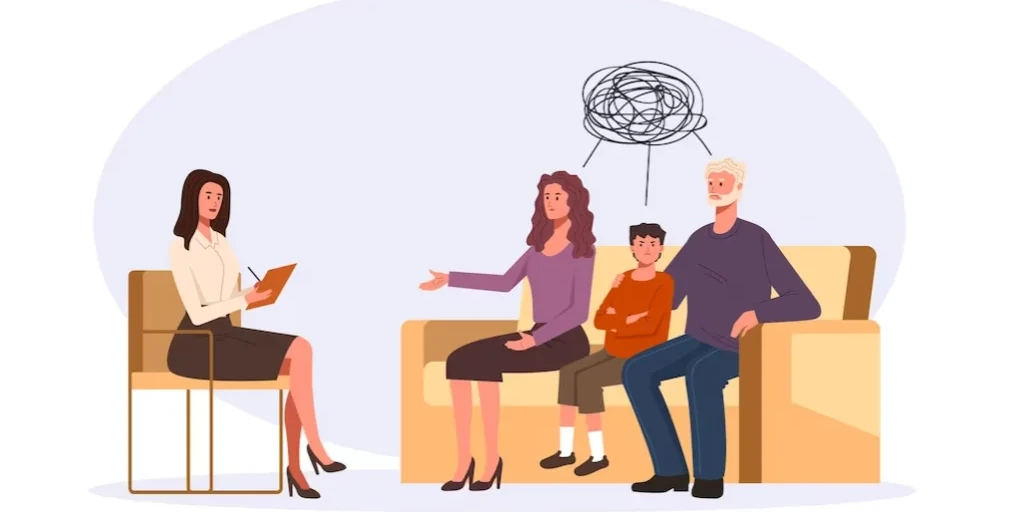24/7 Helpline:
(866) 899-111424/7 Helpline:
(866) 899-1114
Learn more about Valium Rehab centers in Rillton
Valium Rehab in Other Cities

Other Insurance Options

GEHA

Health Partners

Private insurance

EmblemHealth

AllWell

Meritain

UMR

Kaiser Permanente

Providence

Magellan Health

Access to Recovery (ATR) Voucher

WellPoint

Choice Care Network

American Behavioral

Covered California

Holman Group

WellCare Health Plans

Medical Mutual of Ohio

Cigna

Excellus














